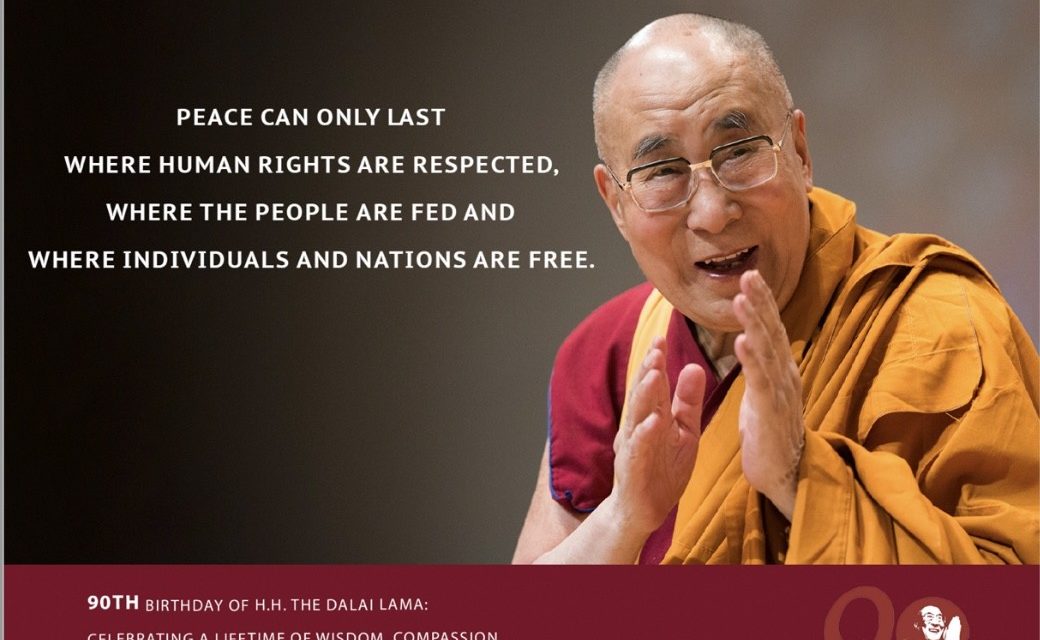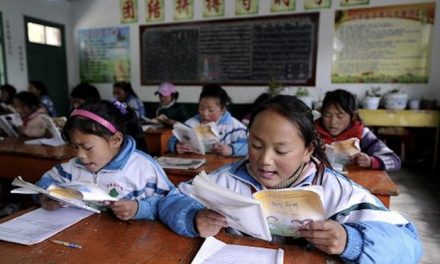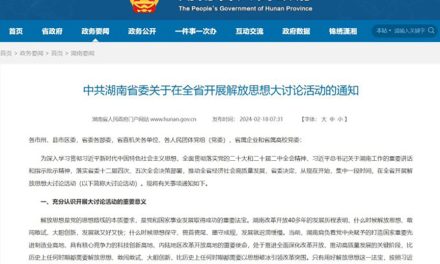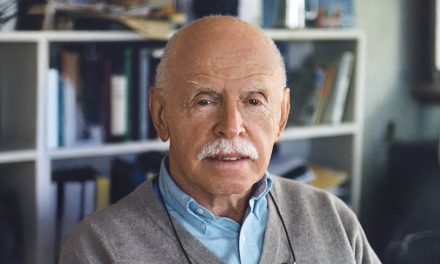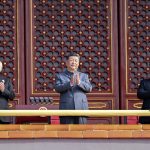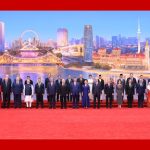By: Jianli Yang
July 6 marks the 90th birthday of the 14th Dalai Lama, Tenzin Gyatso—a milestone not only of personal longevity but of profound historical consequence. As the revered spiritual leader of Tibetan Buddhism enters his tenth decade, the question of who will succeed him looms with deep urgency. This is no ordinary religious matter; it is a battle for the survival of a culture, a faith, and a people. And beyond that, it is a test for humanity. If the world stands by while the cultural identity of Tibet is erased under authoritarian control, we will lose more than a civilization—we will lose a source of wisdom, tolerance, and moral clarity that has long served as a quiet guide for our shared future.
As a Chinese person, I have been taught to believe in national unity and the narrative of progress under a strong central state. But I have also come to see the importance of confronting truths that lie beyond official lines. Tibet is not merely a territory within a map—it is a living civilization with a rich spiritual tradition that has endured through centuries. At the heart of that tradition stands the Dalai Lama—not as a political agitator, but as a symbol of peace, resilience, and cultural continuity. His consistent advocacy of the “middle way”—seeking genuine autonomy for Tibet within China rather than full independence—has been met not with dialogue, but with repression.
The Chinese Communist Party’s ambition to control the Dalai Lama’s succession reveals the essence of its project in Tibet. It is not concerned with religion, but with power. By appointing its own Dalai Lama—a child chosen under Party supervision—it aims to manufacture legitimacy while hollowing out the institution from within. Such a figure would wear the robes but lack the spiritual lineage, moral authority, and community trust that the true Dalai Lama commands. It would be a tragic parody, and a tool of political domination dressed in sacred cloth.
The current Dalai Lama, aware of this danger, has taken an extraordinary step. He has indicated that he may name his successor during his lifetime—and crucially, that the child may be born outside of Tibet, beyond the reach of the Chinese state. This decision challenges centuries of tradition, but it is a bold act of spiritual preservation. It seeks to safeguard the soul of Tibetan Buddhism from being absorbed into the machinery of state control.
For Tibetans—especially the more than 140,000 living in exile—this question is deeply personal. The Dalai Lama is not only their religious leader but also the living thread that connects them to a homeland many have never seen. His presence has helped preserve their identity, culture, and hope. The fear that the CCP may succeed in imposing a rival Dalai Lama is real—and with it, the fear of internal division, disorientation, and cultural erosion.
But this is not only a Tibetan issue. It is a challenge to the conscience of the world. The Dalai Lama has become a global symbol not because of wealth or power, but because of what he represents: nonviolence, compassion, humility, and spiritual depth. In an era marked by polarization and ideological extremism, his voice has offered a rare and urgent wisdom. If that voice is silenced, or replaced by an artificial echo, we lose not only a leader but a vision of what ethical leadership can be.
For China, the succession represents an opportunity to claim control over Tibetan religion as a final step in its long campaign of cultural assimilation. For the rest of the world, it must be seen as a red line. The appointment of a state-controlled Dalai Lama should not be recognized, not only out of respect for the Tibetan people but out of fidelity to universal principles: religious freedom, cultural self-determination, and human dignity. Some governments have already taken that stand. The United States has passed legislation warning of sanctions against Chinese interference in the reincarnation process. Others must follow.
As a Chinese who believes that our national greatness must be grounded in moral integrity and cultural openness, I do not see sympathy for Tibet as betrayal. On the contrary, I see it as an expression of the better China we could become—a China that celebrates rather than suppresses its internal diversity, a China that leads not by fear, but by the strength of its ethical example. It is not weakness to listen to voices like the Dalai Lama’s. It is a deeper kind of strength.
What is at stake in this battle is not just a reincarnation or a title. It is the future of Tibetan civilization, and by extension, a vital strand of humanity’s shared heritage. If we allow that heritage to be dismantled, co-opted, or erased, we lose not only a people but a mirror in which we see reflected some of our noblest aspirations—compassion over conquest, inner freedom over external control, dialogue over domination.
The Dalai Lama’s 90th birthday should be more than a moment of reflection. It should be a call to conscience. The battle for his succession is a battle for the future of Tibet—and for the values that allow human civilizations to flourish in peace and dignity. Whether we choose to act, or to look away, will define not only the fate of a people, but the moral character of our age.
Dr. Jianli Yang is the Founder and President of Citizen Power Initiatives for China and author of For Us, The Living: A Journey to Shine the Light on Truth and It’s Time for a Values-Based “Economic NATO”.

